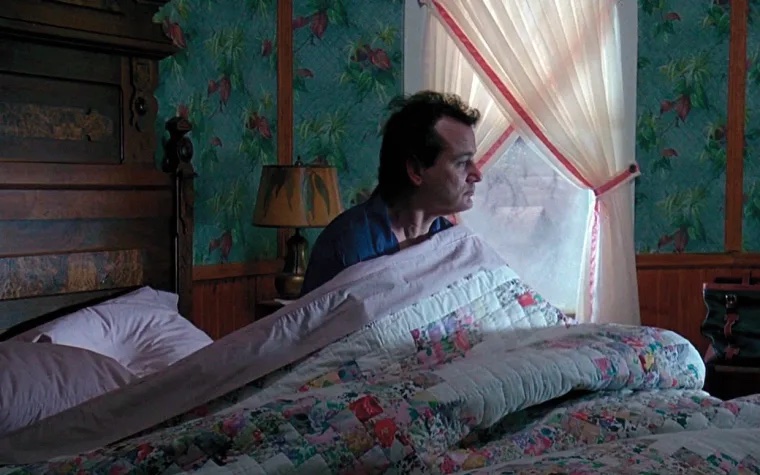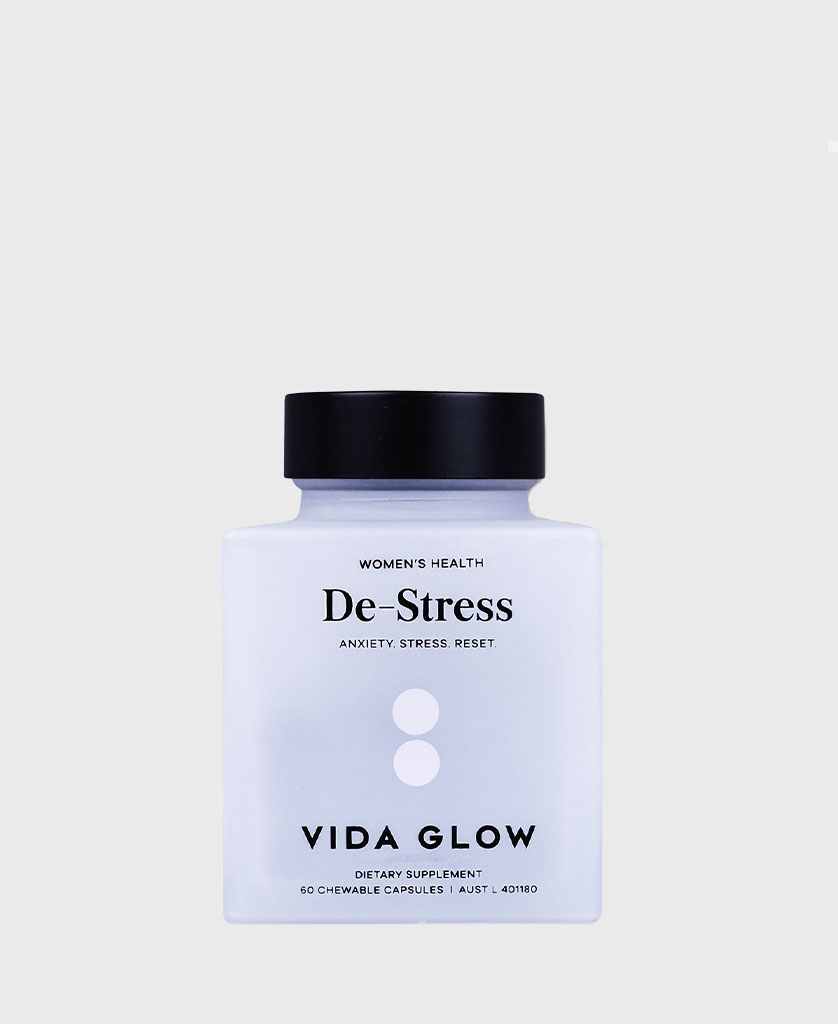What's keeping you up at night?

Bill Murray, Groundhog Day
Do you drift off peacefully in a matter of minutes or are you a late-night thinker, worrier or scroller, who ends up tossing and turning before a less-than-satisfying sleep?
Nothing beats the blissful feeling of curling up in bed at the end of the day with the expectation of restorative sleep. You wind down; maybe binge a show, read a few pages of a book, or a late-night scroll for a dopamine hit before (hopefully) drifting off.
Only to end up with your mind racing, thinking about anything and everything while counting down the hours before you have to wake up. By this time, the amount of time it takes to fall asleep only increases with the amount of anxiety that builds just thinking about how many hours of sleep you might get.
Your sleep habits are directly connected to your health and well-being, your central nervous system and your immune system. Studies have shown that our health can be negatively impacted as a result of poor sleep; from trouble falling asleep and staying asleep to difficulty concentrating and focusing as well as decreased motivation or energy.
Despite how important sleep is, it can be challenging to get that quality sleep each night and the harder it is the heavier it weighs on our minds.
Tips For A Restful Sleep:
For many reasons good quality sleep isn’t always realistic; a busy schedule, stress, children, social life, mental health, the list goes on. But if you're tired of waking up tired, here are some tips to implement that can have a positive effect on how well you sleep.
-
Improve your sleep hygiene
What does this mean? Consistency. For example, going to bed and getting up at the same time every day including weekends, or enjoying a relaxing bedtime routine can help signal your body that it's time to sleep. -
Exercise and movement
Exercise can help reduce anxiety and improve sleep quality. Regular activity increases the length of time that you spend in the restorative stages of sleep. It is best to avoid exercising too close to bedtime, as it can stimulate the body and make it harder to fall asleep. -
No screens in bed
This should be a blanket rule, albeit a hard habit to give up. The blue light emitted from your phone or laptop can interfere with your natural sleep cycle. Ideally, we'd be putting them down an hour before we go to bed. -
Dedicate your bed to sleeping
Reserve bed for great sex and restful sleep. Make it a no-go zone for work and watching TV and wait until you are feeling tired before getting in bed for the night. -
A relaxing routine to wind down
Stress is a stimulus. It activates the fight-or-flight hormones that work against sleep so give yourself time to wind down before bed. Learning some form of relaxation response can promote good sleep and can also reduce daytime anxiety; this might include yoga, meditation or breathwork to calm the mind and help prepare the body for sleep. Taking a bath or shower instigates the production of melatonin and better prepares you for deep sleep. -
Stop drinking coffee after 2 p.m.
It can take up to eight hours for the effects of caffeine to wear off. If you plan to go to bed by 10pm, it is best to avoid caffeine after 2 pm. You can adjust the timing and amount of your caffeine intake to match your situation. -
Taking vitamins to help with anxiety
Certain vitamins and supplements, such as magnesium and melatonin may help reduce anxiety and improve sleep quality. We recommend consulting with your healthcare provider before starting any new supplements or medications.

- Stress-supportive supplementation
Try a supplement formulated specifically to address stress and anxiety concerns. Vida Glow’s De-Stress is a bursting liquid-filled capsule that addresses symptoms of stress and mild anxiety. Scientifically formulated with a clinically studied botanical extract and key mood-stabilising active ingredients – including vitamin C and vitamin B5 – De-Stress targets immediate feelings of stress while working to promote healthy emotional balance and improve general well-being.
